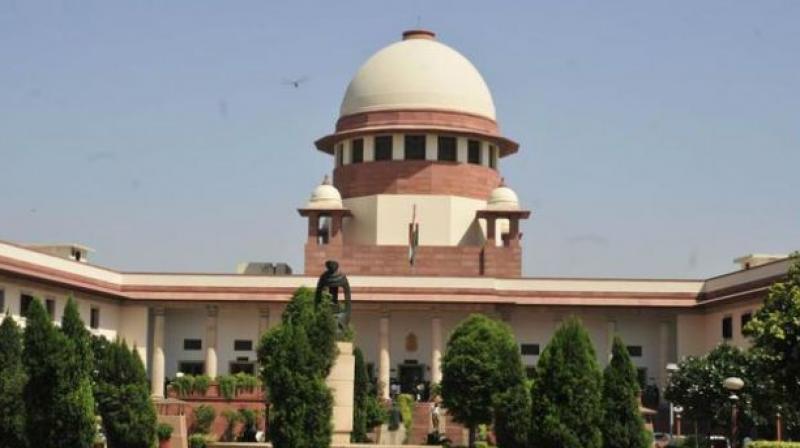CBSE schools get relief from Supreme Court
State issued guidelines for schools to function.

Thiruvananthapuram: The Supreme Court has given some relief to the CBSE schools in the state by staying the state government’s circular issued in 2011 asking them to implement various guidelines for operating the schools. In an order issued on Friday, the court directed the government not to take any action against these schools till it disposed of the case. Justice Madan B. Lokur and Justice Deepak criticised senior counsel Jaideep Gupta, who represented the state, for not filing an affidavit for the last one year and seeking only adjournments.
It also imposed a fine of Rs 1 lakh on the state for not submitting the records related to the case even after the court had repeatedly asked for them. “There is again a request for adjournment for one week for filing the affidavit. We grant the adjournment subject to payment of costs of Rs 1 lakh to be deposited with the Supreme Court legal services committee within one week. The aforesaid amount shall be utilised for juvenile justice issues,” said the judges. The affidavit will be taken on record only on producing the proof of payment of costs. The judges also ordered to list the case after two weeks.
The government had issued an order on October 7, 2011 containing several clauses adversely affecting the functioning of the CBSE- affiliated schools in the state. The Kerala CBSE School Management Association approached the Kerala High Court against the circular and a single bench passed an order in favour of the association. The government challenged the order before a division bench which also upheld the single bench verdict. The government then filed an appeal in the Supreme Court. When it came up for hearing in December 2016, he court asked some questions to the government and postponed the case to enable it to file a reply, said Ms Indira Rajan, general secretary of the association.
The government asked for adjournment several times and even when it came up for hearing on Friday, it asked for one more week’s time. The government circular insisted that the CBSE schools have three acres of land and at least two acres should be in the actual location of the school. The other norms included that they teach Malayalam, have a minimum strength of 300 students and should enroll students in Aadhaar. The High Court had observed that the CBSE affiliation rules stipulated that schools needed only two acres of land and that those located in towns with a population 25 lakh and above needed only one acre. If the government norm was followed, hardly any organisation could afford to purchase land and start schools, the court had said.

